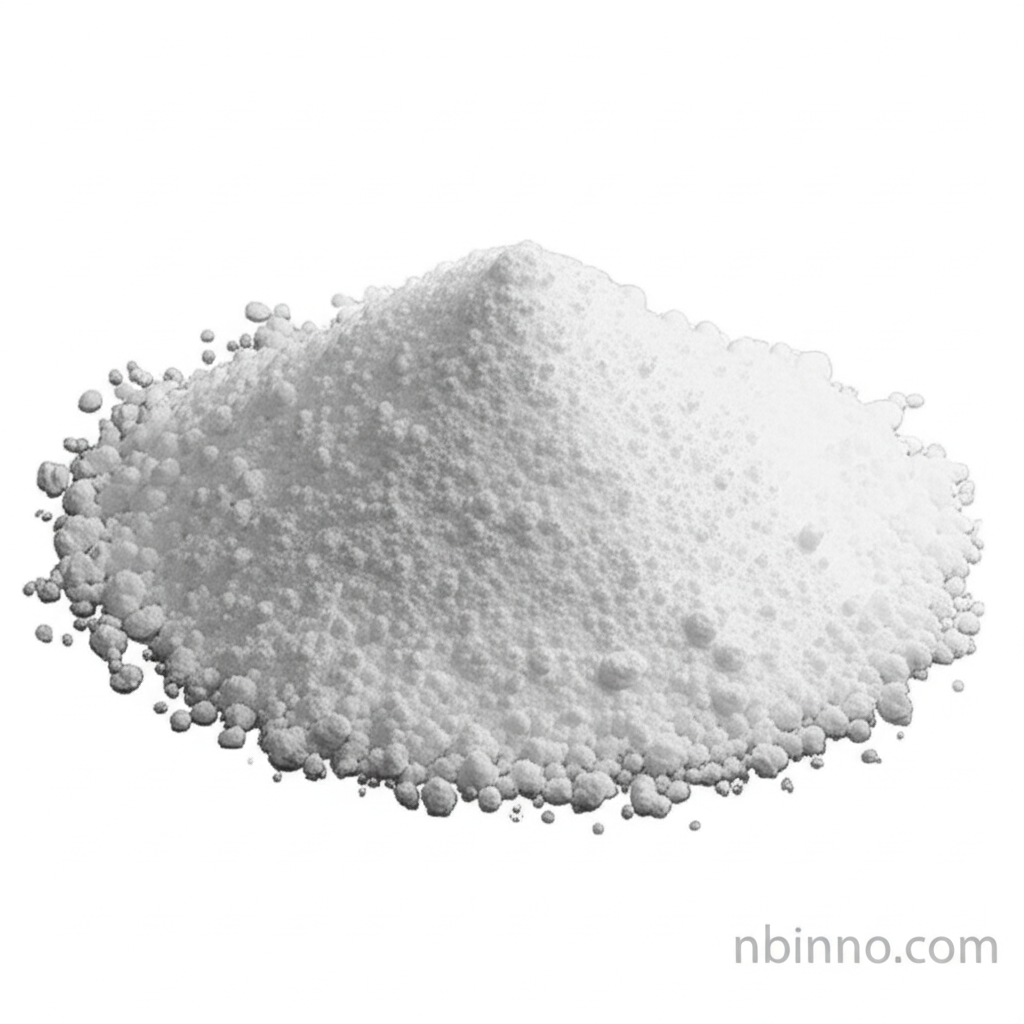Anionic Polyacrylamide: Advanced Flocculant for Efficient Mineral Processing and Wastewater Treatment
Discover the power of Anionic Polyacrylamide (APAM), a high-performance polymer designed to optimize solid-liquid separation in demanding industrial environments. Our APAM solutions offer superior flocculation and sedimentation, driving efficiency and cost-effectiveness for your operations.
Get a Quote & SampleUnlock Superior Solid-Liquid Separation

Anionic Polyacrylamide Powder
As a leading manufacturer and supplier of specialty chemicals in China, we offer high-quality Anionic Polyacrylamide powder. Our APAM is engineered for superior performance in mineral processing and wastewater treatment, ensuring efficient solid-liquid separation and reduced environmental impact. Partner with us for reliable supply and expert technical support.
- High Molecular Weight for Enhanced Flocculation: Achieve rapid settling and clear overflow with our advanced APAM formulations, ideal for mineral processing applications.
- Efficient Wastewater Treatment Solutions: Improve the clarity and quality of your effluent with our APAM, a trusted water treatment chemical.
- Cost-Effective Mining Chemical Supplier: Benefit from competitive pricing and consistent quality when you buy anionic polyacrylamide powder from our facility.
- Proven Performance in Solid-Liquid Separation: Rely on our APAM to optimize processes like coal washing, tailings management, and ore beneficiation.
Key Advantages of Our Anionic Polyacrylamide
Superior Flocculation Efficiency
Our high molecular weight Anionic Polyacrylamide facilitates robust floc formation, leading to accelerated sedimentation and improved filtration in demanding industrial applications. This makes it an essential chemical for mining and wastewater treatment.
Optimized for Mineral Processing
Specifically designed for the mining industry, our APAM enhances solid-liquid separation, reduces tailings loss, and improves water recovery rates, contributing to more sustainable and cost-effective operations. As a dedicated mineral processing chemical supplier, we understand your needs.
Reliable Industrial Wastewater Treatment
Effectively clarify industrial wastewater and municipal sewage with our Anionic Polyacrylamide. It aids in primary clarification, sludge thickening, and dewatering, ensuring compliance and environmental protection. Look for our wastewater treatment flocculant price.
Diverse Industrial Applications
Mineral Processing Enhancement
Utilize our Anionic Polyacrylamide to improve the efficiency of flotation, thickening, and dewatering processes in various mining operations, from gold and silver to copper and aluminum.
Industrial & Municipal Wastewater Treatment
Our APAM is a key component in treating industrial effluents and municipal sewage, effectively removing suspended solids and improving water clarity.
Coal Washing Efficiency
In coal mining, APAM acts as a crucial flocculant to enhance the separation of clean coal from impurities, optimizing recovery and recycling processes.
Sludge Dewatering & Thickening
Reduce sludge volume and improve dewatering efficiency in various treatment processes, making waste management more economical and environmentally sound.
